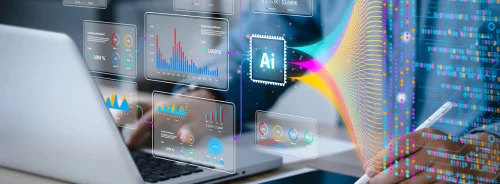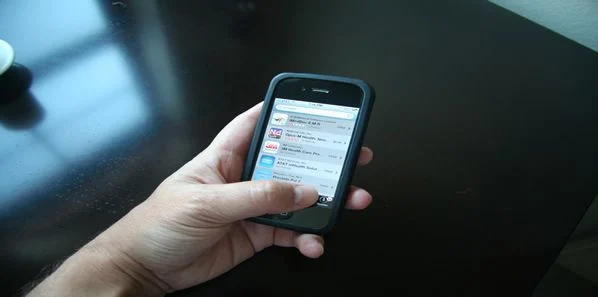Today, there are numerous apps that allow people to monitor their weight, blood pressure, cholesterol levels, sugar levels, heart rate, sleep quality and even cancer. Approximately 20 percent of smartphone users have one or more of these applications installed on their mobile devices. It is being projected by 2015, 500 million smartphone users around the globe will be using a health app.
Despite the high number of apps already available and the many that are under development, there is a question being asked: Are these apps actually beneficial to our health or could they be causing more harm than good?
An analysis conducted by the IMS Institute for Healthcare Informatics evaluated 40,000 healthcare apps that were available for download on the iTunes store. The analysis showed that only 16,275 of these apps were directly linked to patient care and treatment, while the other apps did not provide any information that could improve patient health or well-being in any way.
More and more apps are being developed to further help people track or manage their health. There is an app currently in development that may be able to detect epilepsy and improve the care of stroke patients while a team of researchers from the University of Washington are currently developing a smartphone app that may allow parents to screen their newborns for jaundice.
Among the most downloaded health apps include those that generally deal with weight loss, fitness and dieting. Calorie counters and fitness trackers are thus among the leading downloaded health apps available today. However, the IMS report questions the claims of these apps and says that apps like MyFitnessPal do not really offer the effectiveness that should be expected from the level of their popularity. In fact, the report points out that there are very few studies that actually show that calorie-counting apps are effective at all.
Another study conducted by researchers at the University of Massachusetts Medical School showed similar findings when they compared 30 popular weight-loss apps. They study showed that 25 percent or fewer lifestyle-based strategies for weight loss were incorporated in 28 of the apps.
"Our results indicate that many app developers are not including proven behavioural strategies in their apps," said study author Dr. Lenard Lesser. "Without long-term data on whether these apps work, it is hard to recommend them as the solution for poor eating habits. While we await that data, app developers should work with health professionals to make sure they are making their apps as beneficial as possible."
While the value of these apps may be questionable, concern has been expressed by some healthcare professionals that the effectiveness of health apps could mean the difference between life and death. For example, apps that determine the likelihood of cancer may not be accurate and may lead to a delay in the diagnosis of cancer. "It is very concerning that these apps are used for diagnosis by patients, as it could lead to delay in diagnosis of melanoma, the cancer which is perhaps the most critical in early diagnosis being important for survival."
Source: Medical News Today
Image Credit: Wikimedia Commons










